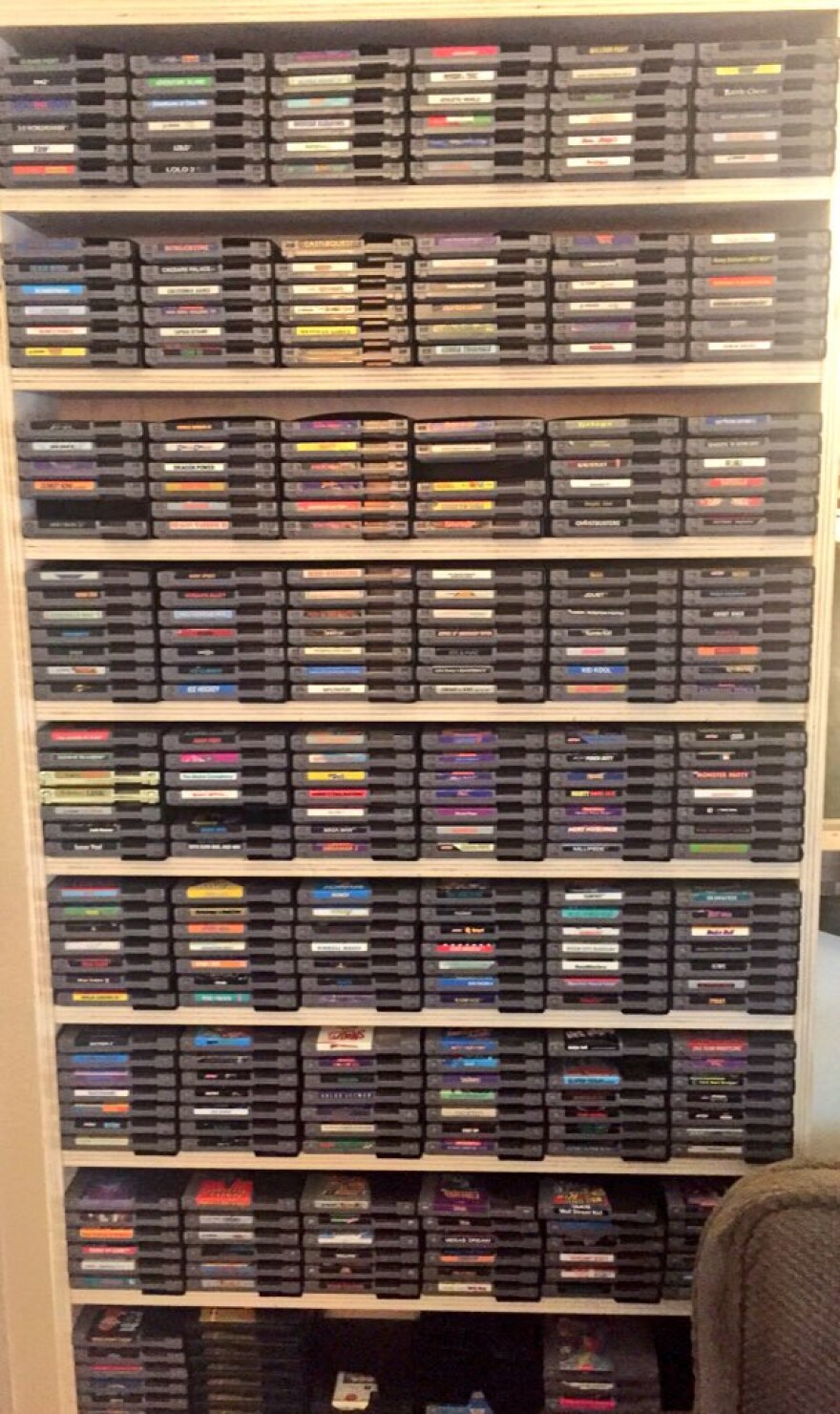A classically trained Cleveland pianist is creating masterpieces out of classic video game music.
Rob Kovacs is a composer and piano teacher who grew up a gamer in the 1980s. In addition to starting piano lessons when he was around 6 years old, his family had about 10 classic arcade games throughout their home. He evenutally got Atari and Nintendo consoles.
He's amassed a collection of more than 300 classic Nintendo games, from Castlevania to The Legend of Zelda. And all the cartridges still work. He plays the games in his living room connected to giant speakers.
8-bit music on 88 keys
A couple of years ago, Kovacs started a side project called 88bit. The name is a combination of the 88 keys on the piano and the simple 8-bit music of the early console games.
He first experimented in 2009 with one of his favorite games, Mega Man 2. Then he moved on to others, including Marble Madness.
"It's one of the most unique mix of composers," Kovacs said. "You can hear a mix of Ravel, Stravinsky and Debussy, and it's very progressive for a video game soundtrack."

Music on a chip
Early video game music was limited to only three channels and one noise channel. The music was performed by a sound chip inside the Nintendo. It could play any pitch at any speed, but it wasn't intended to be performed by humans.
"The limitation was the space you had to deal with," Kovacs said. "But the limitations are what made the early music unique and stretched composers to think outside the box."
Arranging songs note-by-note
To create his piano arrangements, Kovacs downloads a file that has the full soundtrack, and with computer software he isolates each part. Then he transcribes every note using a notation program. And then he practices it. A lot.
Kovacs acknowledges tackling every single Nintendo game will be a challenge, considering there are nearly 700 and each arragement takes him several months to complete.
"The goal is also to have other people play these arrangements," Kovacs said. "Put a lot of work into them and make them playable and very skilled pianists can to learn them and program them in their own concerts."
For now, Kovacs posts his songs on his YouTube channel and performs them live throughout Northeast Ohio and at national video game conventions.
https://www.youtube.com/watch?v=MCah7OnL0AY






